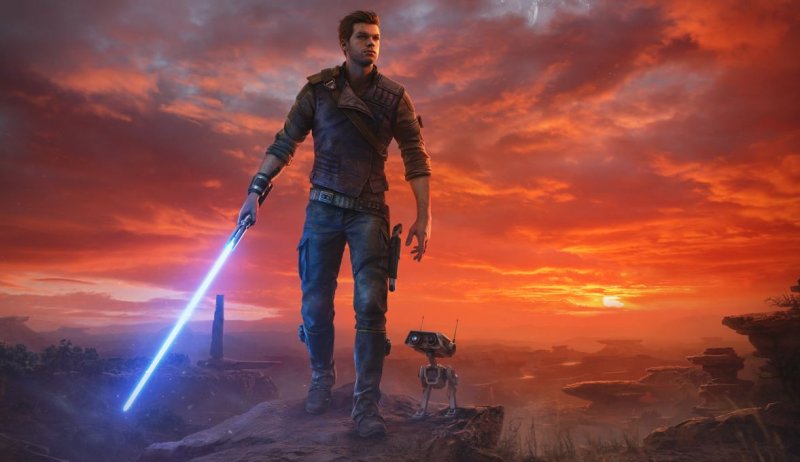Let's try to see a glimmer of perspective on the future in the recent news of layoffs and cancellations at EA.
Also Electronic Arts has joined the slew of companies that have announced huge layoffs in recent days, complete with Cancellation of a Star Wars game with a view to a general internal reorganization. After the 900 people fired at Sony PlayStation and the huge cuts also at Xbox and Activision Blizzard, it was unfortunately logical to expect such a maneuver also from one of the largest third party publishers, so it wasn't too surprising, but if nothing else in the bad news it is perhaps possible to identify an interesting topic regarding the near future: the announced desire to decrease the commitment to licensed-based games and increase it on the original IPs or in any case owned by the company itself.
The issue is linked to the cancellation of a Star Wars game in development at Respawn, with the confirmation however that a third chapter of Star Wars Jedi is still in development. “We are also eliminating some games and abandoning the development of future licensed IP that we do not believe will succeed in an ever-changing industry,” CEO Andrew Wilson said on that occasion, “This increased focus allows us to stimulate creativity, accelerate innovation and leverage our greatest opportunities, including our proprietary IPs, esports and massive online communities, to deliver the entertainment gamers want today and tomorrow.” For the moment, the issue does not seem to have had much of an impact on future projects, given that the Marvel-licensed Black Panther and Iron Man games are still in development, as is Star Wars Jedi 3.
Focusing on original IPs can be a good idea
However, the idea is interesting and can also be shared: beyond the obvious focus on sports titles and the usual reference to the need for games based on large communities, which obviously make one think of online and live service titles, the shift in attention on New IPs or franchises that belong to the historical catalog it is an idea that opens up interesting perspectives. On the other hand, it is clear that highly successful third party licenses can give a notable boost to visibility but they are often double-edged swords, given that they require huge expenses outside of those relating to the development itself, making the projects very risky if they don't make huge numbers. Some recent examples are evident in this sense: Suicide Squad Kill the Justice League will hardly achieve results capable of justifying the expenditure required by the DC Comics license, but even a successful game like Marvel's Spider-Man 2 seems to have had very high costs also due to of Marvel-related royalties, so much so that it required huge sales to break even with development and marketing costs.
On the other hand, Electronic Arts itself has demonstrated that the official license is not everything, given the results of EA Sports FC 24 which does not seem to have been affected much by the loss of the FIFA brand (although here the issue is more complex, given that however, licenses for single teams and players are still very present and indispensable). Such a policy should however stimulate creativity more, both in terms of ideas on which to base games and on the design and genre front, therefore among the many negative consequences of the industry crisis it could at least be a good path to take to publishers and developers. At this point we are waiting to see where this may lead in the future.
This is an editorial written by a member of the editorial team and is not necessarily representative of the editorial line of Multiplayer.it.
#canceled #Star #Wars #game #licensed #games #original #IPs #solution

